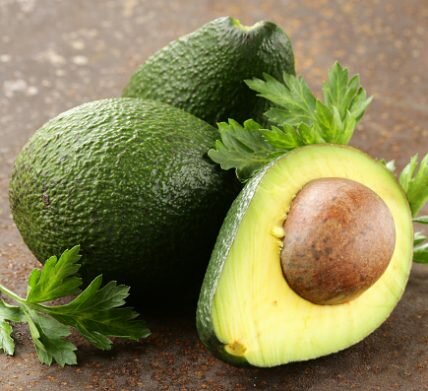Are You Getting Value For Money When You Buy Organic?
The days of using hiked-up prices as an excuse to not buy organic food are slowly but surely coming to an end. That’s because supermarkets like Aldi have taken very positive steps to ensure that their customers are no longer exposed to dangerous and toxic pesticides on their fruits or vegetables, especially those toxic to bees.
The European grocery chain is an emerging threat to high-end organic supermarkets like Whole Foods not just because it is expanding its range of affordable organic-food, but also because Aldi has removed certified synthetic colours, partially hydrogenated oils, added MSG and 125 artificial flavours from all its private-label products – which make up 90 per cent of all its sales.
Now I have to say, while I like where Aldi is going with its ethical values, it almost sounds too good.
Organic principles or just a sale’s pitch?
The organic food industry has exploded over the past two decades and while that is a good thing, there is also a downside to this rapid growth, especially when it comes without regulation. And the organic food industry largely has very little regulation. And this has left a window of opportunity for some unscrupulous companies to make a quick buck selling produce under the “organic” label when it is anything but…
Take Whole Foods for instance. It’s a brand built on the explosion of the organic movement… and yet, with its global expansion you now find conventional fresh produce at inflated prices, shipped from across the continent… despite the fact that organic produce from local farmers is widely available.
Basically, Whole Foods has been profiting off the organics trend but not abiding by the organic principles. And they’re not alone.
Take organic eggs for instance.
When you see eggs with the organic label, as a conscious shopper you know you are buying eggs laid by hens that had outdoor access and don’t live in cages, in addition to being fed organic feed… at least that’s what you think that “organic” label ensures you are buying.
However, recently it’s been uncovered that some food producing giants have done the bare minimum to comply with regulations. Instead of using cages, they just cram thousands of hens into a building that has a tiny concrete patio most of the birds never see.
Outdoor space? Check. Sort of.
In fact, these organic principles are applied so loosely that I’ve even seen labels reading, “Eggs from hens who enjoy the outside”…
What does that even mean?!
Unfortunately, it seems that when “organic” starts to follow the money, like almost everything else always does, that label becomes thwarted…
Now, I’m not saying Aldi will end up selling “fake” organic produce… but I do know this: When the market is competitive (and it is $40 billion-a-year industry) values may begin to slip.
So with Spring finally here, I hope that you will find (or make) the time to visit your local farmer’s market and buy local. That way, at least you know you’re always getting what you pay for — and exactly where it came from before it landed on your dinner plate.
Did you find this information useful?
Then why not get more expert health recommendations just like this delivered direct to your inbox?
"It is truly refreshing to read a newsletter on the topic of alternative medicine which is scientifically based and reviewed by professionals..." - Robert Sinott
We respect your privacy and will never share your details with anyone else.Disclaimer: Bear in mind the material contained in this article is provided for information purposes only. We are not addressing anyone’s personal situation. Please consult with your own physician before acting on any recommendations contained herein.
Sources:
Are you really getting what you pay for when you buy organic? Published online 30.03.17, drpescatore.com
Organic egg and meat producers will have to follow stricter animal welfare rules, USDA says, published online 18.01.17, latimes.com
Aldi Bans Pesticides Toxic To Bees & Increases Organic Produce Range, published online 16.01.18, yournewswire.com
- Comments (0)
- Facebook Comments (0)












